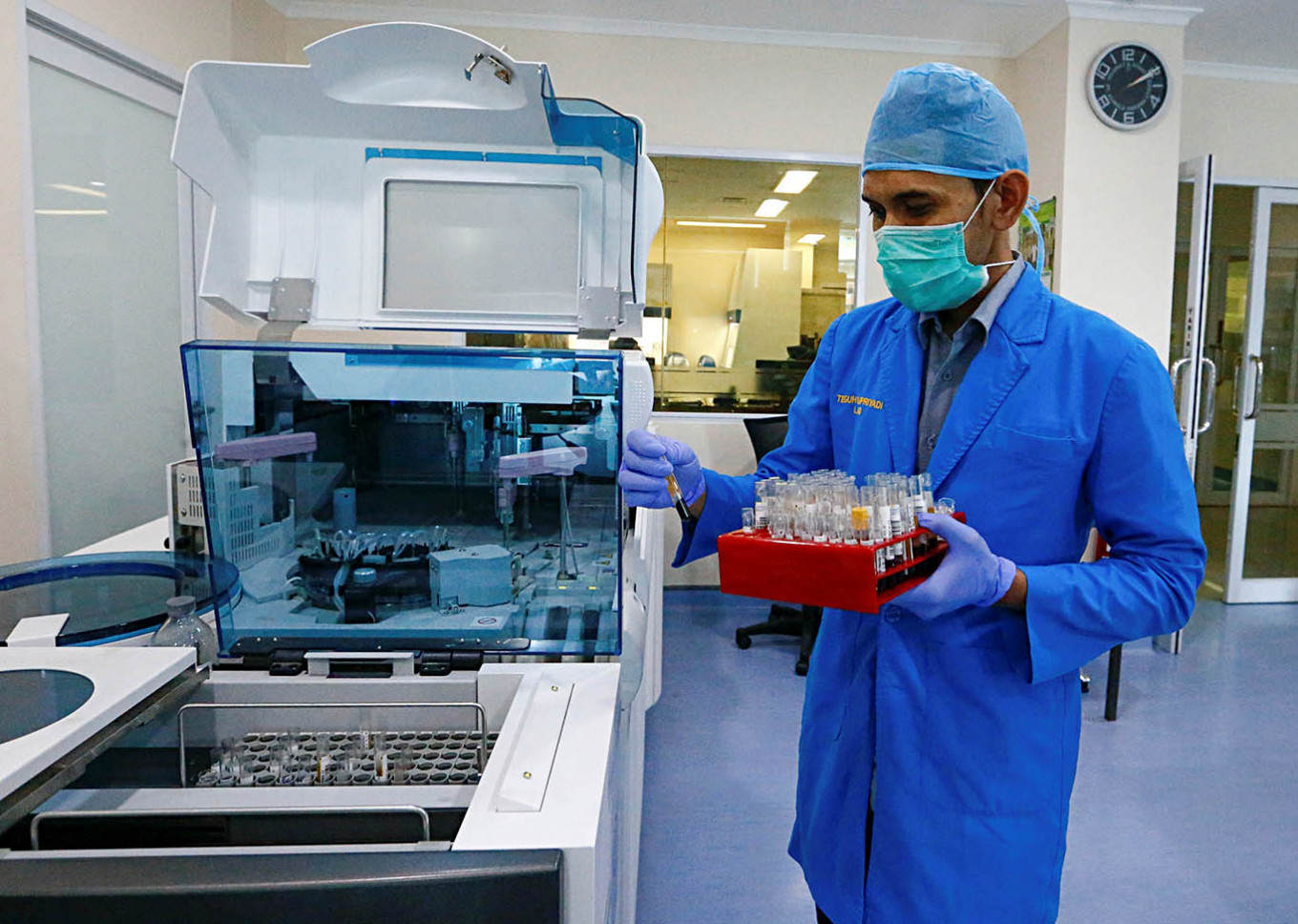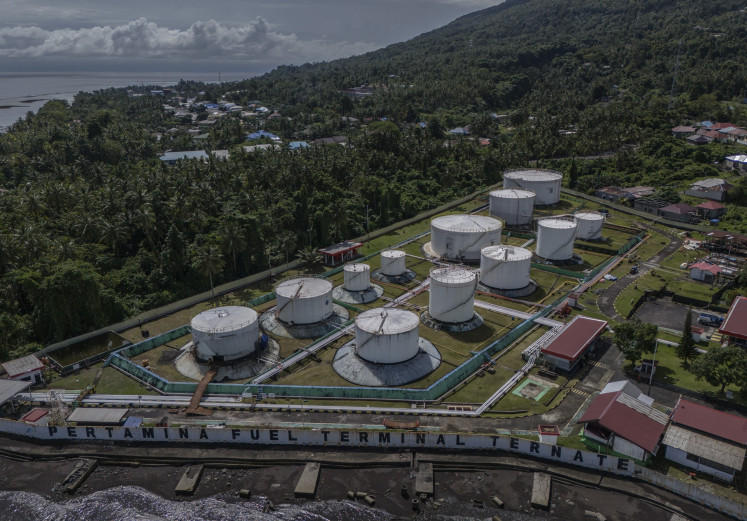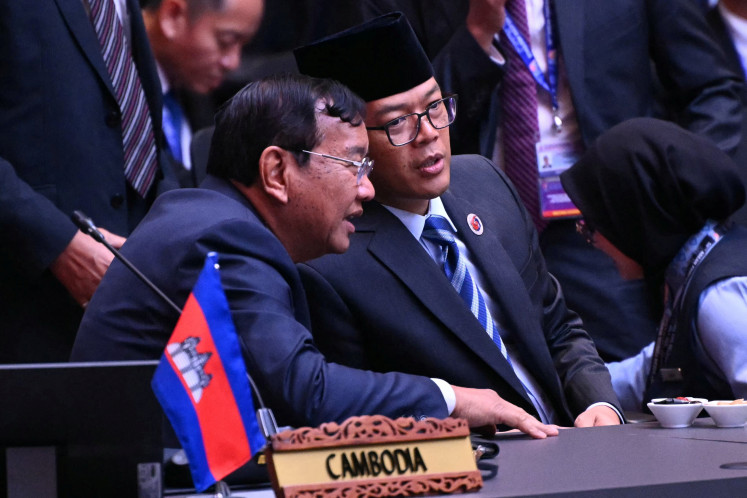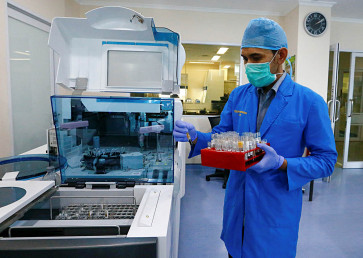Popular Reads
Top Results
Can't find what you're looking for?
View all search resultsPopular Reads
Top Results
Can't find what you're looking for?
View all search resultsHas Indonesia followed science in COVID-19 response? Perhaps not
Since the beginning of the outbreak, the Indonesian government has made headlines for rejecting scientific studies aimed at forecasting COVID-19 situations in the country.
Change text size
Gift Premium Articles
to Anyone
T
he COVID-19 pandemic has highlighted the need for governments around the world to take science into account when making decisions. Yet they continue to face challenges in adjusting policies as a result of evolving studies, data and evidence from the new coronavirus.
But since the beginning of the outbreak, the Indonesian government has made headlines for rejecting scientific studies aimed at forecasting COVID-19 situations in the country. Even before the pandemic, the country was not regarded as friendly toward scientists, especially those from abroad.
The Jakarta Post has looked into the government’s policies and compared them with several of the latest relevant studies.
Wide use of rapid antibody tests
Indonesia had been relying on rapid antibody tests since March for screening cases and close contacts. The rapid tests are supposed to be confirmed further through polymerase chain reaction (PCR) tests, which remain the gold standard in detecting the virus but the country’s limited capacity for conducting the latter has made this difficult to achieve.
The rapid test only detects antibodies against the virus, which are usually created two weeks after the onset of symptoms during the recovery phase; thus, hindering health authorities in quickly containing transmission. Studies compiled by the World Health Organization (WHO) in April 2020 even suggested that some people had weak, late or absent antibody responses after contracting the coronavirus.
However, the government proceeded to require people to take the test, apart from the PCR test, prior to traveling or sitting university entrance exams.


















